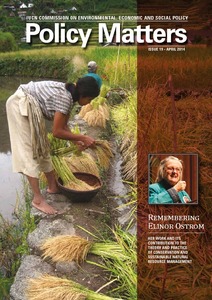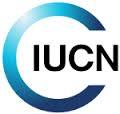Resource information
Elinor Ostrom's work has been the principal inspiration for a number of research and development initiatives in Mongolia aimed at designing, testing and assessing viable forms of natural resources co-management that build on traditional nomadic practices. One such initiative, begun in 1999, introduced co-management in four different ecosystems of the country. It was based on the hypothesis that under Mongolian state ownership of pastureland and private ownership of livestock, a co-management system with clear roles and responsibilities among herders, their communities and local governments could offer a means to reduce the pasture degradation and overgrazing that had been increasing in intensity over recent decades. Based on the results and lessons learned from fifteen years of participatory action research, the efforts at these four sites demonstrate that if all stakeholders strongly support co-management it can be a tool to overcome the "tragedy of the commons" For this to happen, appropriate policies and legal support is needed to enable local- and multi-level collaboration. Introducing sustainable management methods such as pasture improvements, combined with new livelihood options, including the production and marketing of local products, can reduce the degradation of pastures, contribute to better livelihoods and recover the cost of environmental externalities.



